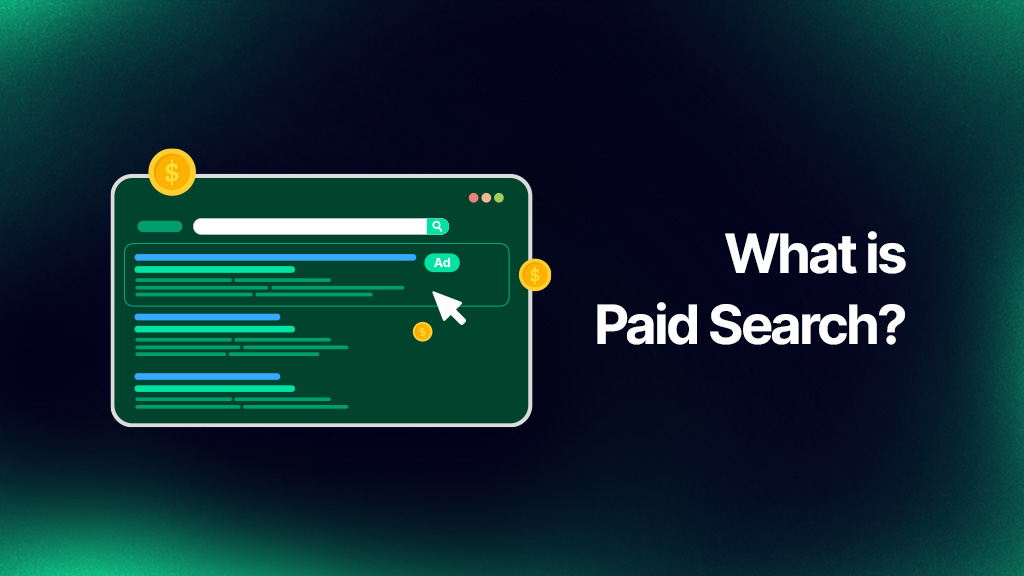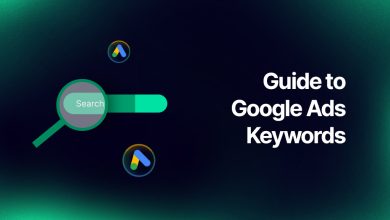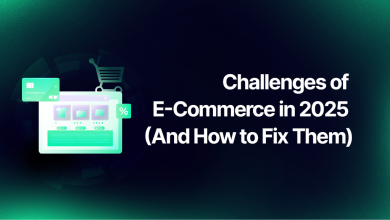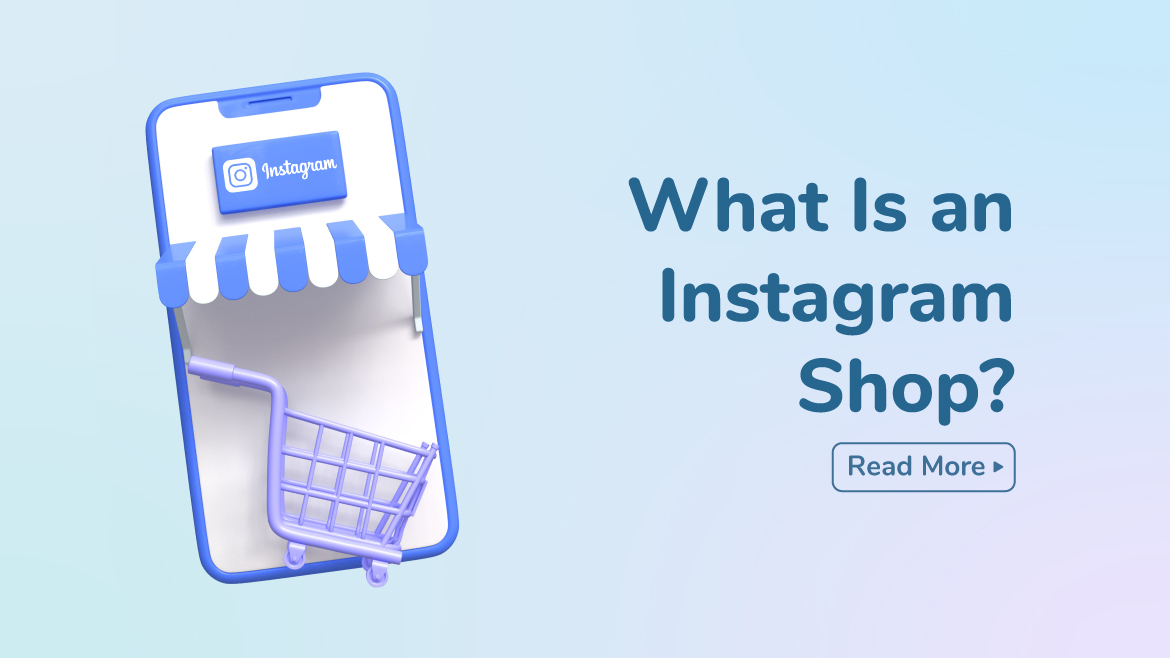What is Paid Search?

Table of Contents
- How Paid Search Works
- Benefits of Paid Search Ads
- Setting Up a Paid Search Campaign
- PPC vs. Organic SEO
- Optimize Your Paid Search Campaign
- Are Paid Search Ads Right for Your Business?
What is paid search advertising? Have you ever wondered how certain businesses always seem to appear at the top of Google when you search for something? That’s paid search ads in action! It’s like getting a front-row seat in the search engine results, but instead of waiting months for SEO to kick in, businesses pay to be there instantly.
Paid search marketing uses a pay-per-click (PPC) model, meaning advertisers only pay when someone clicks on their ad. Sounds fair, right? Instead of hoping users find your website organically, you can place your business right in front of people actively searching for what you offer.
So, why does paid search advertising matter? Think about it. When was the last time you scrolled through pages of search results? Most people click on the first few links they see. Paid search puts your business in those prime positions, ensuring you don’t get lost in the crowd.
Here’s why businesses use paid search:
- Instant visibility: No waiting months to rank, just launch and go!
- High-intent traffic: Reach people who are ready to take action.
- Measurable results: Track every click, impression, and conversion.
If you’re looking for a fast, effective, and scalable way to reach potential customers, a paid search campaign is the way to go. But how does it compare to organic search? Let’s dive into the details.
How Paid Search Works
How does paid search work? Paid search campaigns work like a real-time auction that happens every time someone types a search query into Google. Let’s say you sell sneakers and want your website to appear when people search for “best running shoes.” With paid search keywords, you can bid on that keyword so that your ad can appear right at the top of the search results.
But here’s the catch. You’re not the only one bidding for that spot. Every time someone searches, Google runs an auction to decide which ads to show, in what order, and how much each advertiser will pay if their ad gets clicked. It’s not just about who throws the most money at Google, though. There’s something called Quality Score that plays a huge role in deciding whether your ad wins the auction.
So, what exactly is a Quality Score? It’s Google’s way of ensuring ads are relevant and useful for users. Even if you bid high, if your paid search ad doesn’t match what people are searching for or your website doesn’t offer a good experience, Google might push your ad down the page or not show it at all. Your Quality Score is based on a few things:
- Ad relevance: Does your ad actually match what the user is looking for?
- Landing page experience: If someone clicks your ad, is your website helpful and easy to use?
- Expected click-through rate (CTR): How likely is someone to click on your ad based on past performance?
What is the best part of paid search PPC? You only pay when someone clicks on your ad. That means if 1,000 people see it but only 50 click, you’re only paying for those 50 interactions. There is no wasted money on people just scrolling past. Now that we understand paid search marketing and how it works, let’s continue with its benefits.
Benefits of Paid Search Ads

Paid search meaning isn’t just about getting your ad to the top of Google, it’s about reaching the right people at the right time with a strategy that delivers real results. Unlike other forms of advertising that cast a wide net and hope for the best, paid searches connect you with users who are actively looking for what you offer. Let’s dive into some of the biggest benefits.
High-Intent Audiences
One of the best things about paid search is that it puts your business in front of people who are interested in your product or service. When someone types “best running shoes for beginners” into Google, they’re not just casually browsing. They have a specific need and are likely ready to take action.
With paid search advertising, you don’t have to interrupt people with ads while they’re watching videos or scrolling social media. Instead, your ad appears when they’re actively searching, making it much more likely to lead to a click, a website visit, or even a sale.
Cost-Effective Results
Paid search might seem expensive at first glance, but when done right, it’s actually one of the most cost-effective ways to advertise. Since you only pay when someone clicks on your ad, you’re not wasting money on people who aren’t interested.
Plus, with the right strategy, you can:
- Set daily or monthly budgets so you never overspend.
- Refine targeting to focus on the most valuable audience.
- Improve ad relevance to reduce costs (Google rewards optimized ads with lower costs per click).
The ability to track performance in real-time also allows you to quickly see what’s working and what’s not, allowing you to make adjustments and get the most out of your budget.
Immediate Impact
Unlike SEO, which can take months to deliver results, paid search works instantly. The moment you launch your campaign, your ads can appear at the top of paid search results, giving your business an instant boost in visibility.
This is especially useful for:
- New businesses looking to get traffic fast.
- Seasonal promotions where timing is everything.
- Competitive industries where organic rankings are tough to achieve.
With paid search, you don’t have to wait. You can start driving traffic, leads, and sales right away.
When combined with smart targeting, continuous optimization, and a solid budget strategy, paid search can be a game-changer for businesses looking to grow online. Now, let’s see how to set up a successful paid search campaign!
Setting Up a Paid Search Campaign
Creating a successful paid keyword search campaign isn’t just about picking a few keywords and launching ads. It requires a well-structured approach to reach the right audience, control costs, and increase conversions. Let’s follow the essential steps to set up an effective PPC campaign.
Key Steps for PPC Campaigns
To get the best results from paid search, you must focus on three key areas: location targeting, keyword selection, and ad creation. These elements determine who sees your ads, when they appear, and how effective they’ll be in driving clicks and conversions.
1. Location Settings
One of the first things to configure in your PPC campaign is geographic targeting. Choosing the right locations ensures your ads are shown only to users in the areas where your business operates or where your ideal customers are located.
Here’s how to optimize your location settings:
- Target specific cities, regions, or countries: Ideal for businesses with a defined market.
- Use radius targeting: Great for local businesses wanting to reach customers within a specific distance.
- Exclude locations where you don’t operate: Helps prevent wasted ad spend on irrelevant traffic.
2. Keywords and Match Types
Keywords are the foundation of any PPC campaign. They determine when and where your ads appear. The key is to target high-intent keywords that match what your potential customers are searching for.
Google Ads offers different keyword match types to control how broad or specific your targeting is:
- Broad Match: Your ad appears for searches related to your keyword, even if they don’t contain the exact words.
- Phrase Match: Your ad appears when someone searches for a phrase containing your keyword in the right order.
- Exact Match: Your ad only appears for searches that exactly match your keyword or close variations.
- Negative Keywords: Exclude words that are irrelevant to your offer.
3. Create and Launch Your Ad
Once you’ve nailed your targeting and keyword strategy, it’s time to write and launch your ad. A well-crafted ad needs to:
- Capture attention with a strong headline.
- Highlight your unique selling points (what makes your product or service stand out?).
- Include a clear call-to-action (CTA) to encourage clicks (e.g., “Shop Now,” “Get a Free Quote,” or “Sign Up Today”).
- Use ad extensions (like sitelinks, callouts, and structured snippets) to provide extra information and boost visibility.
PPC vs. Organic SEO

When it comes to getting visibility on search engines, businesses typically rely on two main strategies: paid search (PPC) and organic search (SEO). While both aim to drive traffic to your website, they work differently and offer unique advantages.
Paid search (PPC) is like renting a spot at the top of search results. You pay for immediate visibility. Organic search (SEO) is like earning your spot there over time through content and website optimization.
So, which one is better? The answer depends on your goals, budget, and timeline. Let’s take a closer look at how they compare.
Comparing Google Ads and Organic Search
| Feature | PPC (Google Ads) | SEO (Organic Search) |
|---|---|---|
| Speed | Paid search ads appear as soon as the campaign is live. | Long-term results. It takes time to rank in search engines. |
| Cost | Pay per click (PPC) or per impression (CPM). | Traffic is free, but SEO requires time and effort. |
| Visibility | Paid Search Ads appear at the top of search results with a “Sponsored” label. | Appears below paid ads but is seen as more trustworthy. |
| Targeting | Highly customizable. Target specific locations, demographics, and behaviors. | Depends on search algorithms and high-quality content. |
| Click-Through Rate (CTR) | Lower CTR since some users prefer organic results. | Higher CTR as users tend to trust organic listings more. |
| Long-Term Value | Traffic stops when you turn off the paid search campaign. | Can generate traffic for years with proper optimization. |
If you need instant traffic and quick results, PPC is the way to go. It’s ideal for promotions, product launches, and highly competitive industries where organic ranking is tough.
If you’re thinking long-term and want sustainable growth, investing in SEO is smart. An optimized site can generate free traffic for years without ongoing ad costs.
Optimize Your Paid Search Campaign

Launching a paid search campaign is just the beginning. Optimization is where the real improvements happen. Without ongoing adjustments, you might be overspending on clicks that don’t convert or missing opportunities to maximize your return on investment (ROI). Let’s explore how to optimize your campaign for better performance.
Boost ROI with Smart Targeting
One of the most effective ways to improve your paid search performance is by optimizing your audience targeting. Paid search lets you be highly strategic about who sees your ads and when. Here’s how to make the most of it:
- Use audience targeting: Go beyond keywords by segmenting your audience based on demographics, interests, and behaviors. If you sell high-end products, focusing on users with a higher likelihood of purchasing can improve conversions.
- Refine location targeting: If your business serves a specific geographic area, adjust settings to focus only on users in that location. This prevents wasted ad spend on users outside your market.
- Use device targeting: Some ads perform better on mobile than desktop, or vice versa. Analyzing performance by device type can help you adjust bids accordingly.
- Schedule ads for peak times: Use ad scheduling to display your ads when your audience is most active and likely to convert. Running ads at the wrong time can lead to unnecessary expenses with little return.
Are Paid Search Ads Right for Your Business?
Paid search can be a highly effective strategy, but it’s not for everyone. Whether it’s the right fit for your business depends on your goals, budget, and audience. Some businesses see immediate success with PPC, while others may benefit more from organic SEO or social media marketing.
If you need quick visibility, paid search is a great option. Unlike SEO, which takes time to build rankings, PPC ads appear instantly, making it ideal for businesses looking to drive fast traffic and conversions.
It’s also highly effective if your audience actively searches for your product or service, allowing you to capture demand immediately. In competitive industries, paid search helps level the playing field by securing top ad placements, even if organic rankings are tough to achieve.
However, paid search isn’t always the best choice. If your budget is tight, PPC can become expensive, especially in industries with high cost-per-click (CPC). Additionally, if your audience isn’t actively searching for your offer, other channels, like social media ads, may be more effective.
For most businesses, the best approach is to combine PPC and SEO. Paid search delivers immediate results, while SEO ensures lasting visibility. When executed strategically, paid search can be a powerful tool for driving growth if you need fast, measurable outcomes and have the budget to invest.
,Want to get the most out of your paid campaigns? Explore our PPC optimization solutions to maximize performance and minimize wasted ad spend.

What is paid search vs SEO?
Paid search (PPC) and SEO are two different strategies for gaining visibility in search engine results. Paid search involves paying for ad placements at the top of search results, providing instant traffic but requiring ongoing investment. SEO (Search Engine Optimization), on the other hand, focuses on optimizing website content to rank organically, which takes longer but can generate sustainable, free traffic over time.
What is a search payment?
A search payment refers to the cost advertisers pay when users click on their paid search ads. This follows the pay-per-click (PPC) model, where businesses bid on keywords and only pay when someone clicks on their ad. The price per click varies depending on factors like competition, keyword relevance, and ad quality score.
What is PPC, and how does it work?
What is paid search marketing? PPC (Pay-Per-Click) is a digital advertising model where businesses bid on keywords to display their ads on search engines like Google and Bing. When users search for those keywords, an ad auction takes place, determining which ads appear based on factors like bid amount and ad quality score. Advertisers only pay when someone clicks on their ad, making it a cost-effective way to drive targeted traffic and conversions.



